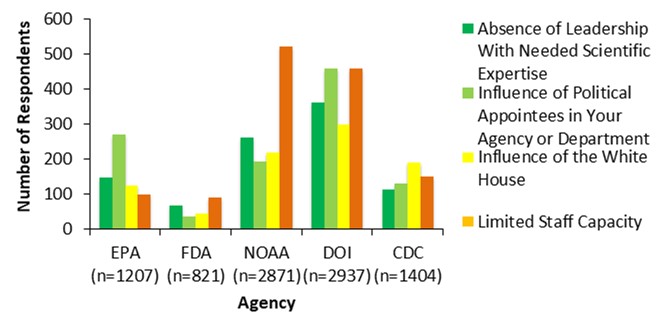This is going viral because of the comic relief. But I want to be clear that parents are being put in an impossible situation now and it will derail entire careers, especially for moms. Some thoughts... #SciMomJourneys
https://twitter.com/GretchenTG/status/1305974239984484353
Moms in science are used to juggling parent and work duties. Here's a time I gave public comment at the @EPA with my one-month-old while I was on maternity leave. blog.ucsusa.org/gretchen-goldm…
The pandemic is exacerbating inequities and struggles that parents--especially moms and especially moms of color--have long felt. Our entire support network has been ripped from under us. Here's something I wrote in @sciam with @500womensci: blogs.scientificamerican.com/voices/scienti…
Parents shouldn't be gaslit into thinking they can hack their way out of this. We can create a facade of professional Zoom backgrounds but the problem is much bigger and it shouldn't be on us to fix it.
Our political leaders, our institutions, our employers must step up and ensure that parents in STEM and other fields aren't taking career penalties. Here's a set of recommendations for employers I wrote with @500womensci: static1.squarespace.com/static/582cce4…
In the meantime, shout out to my fellow moms getting it done, with or without the support we need.
https://twitter.com/GretchenTG/status/1019245760548925441
• • •
Missing some Tweet in this thread? You can try to
force a refresh








